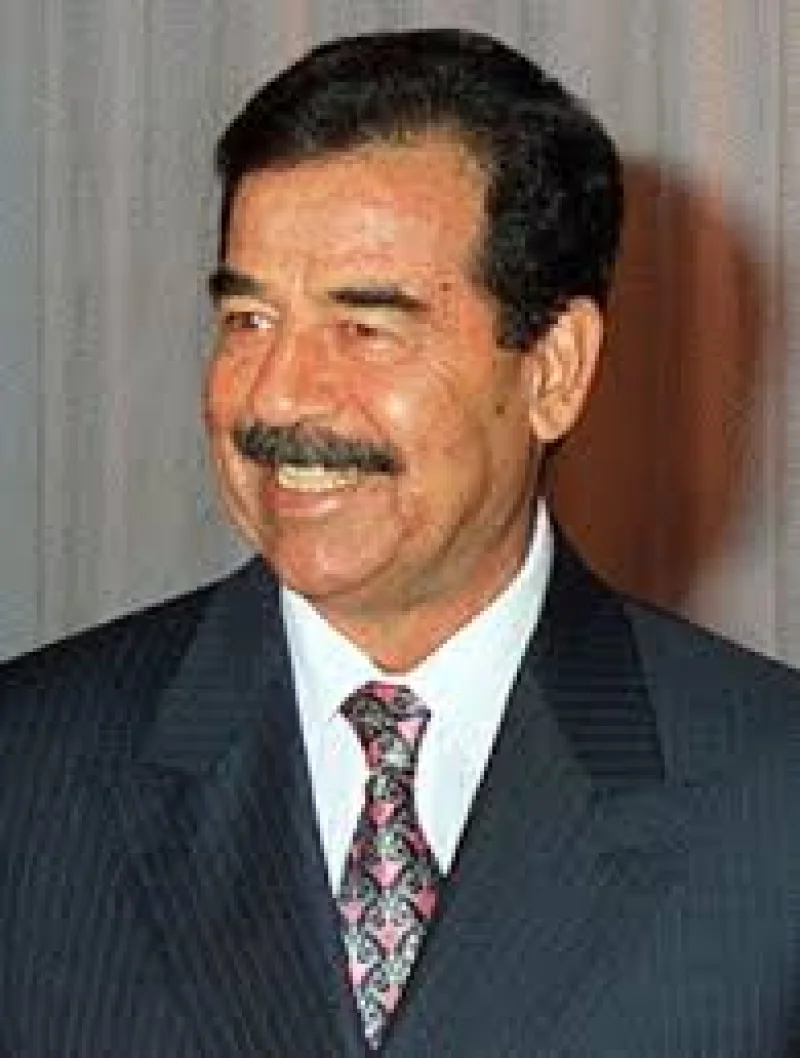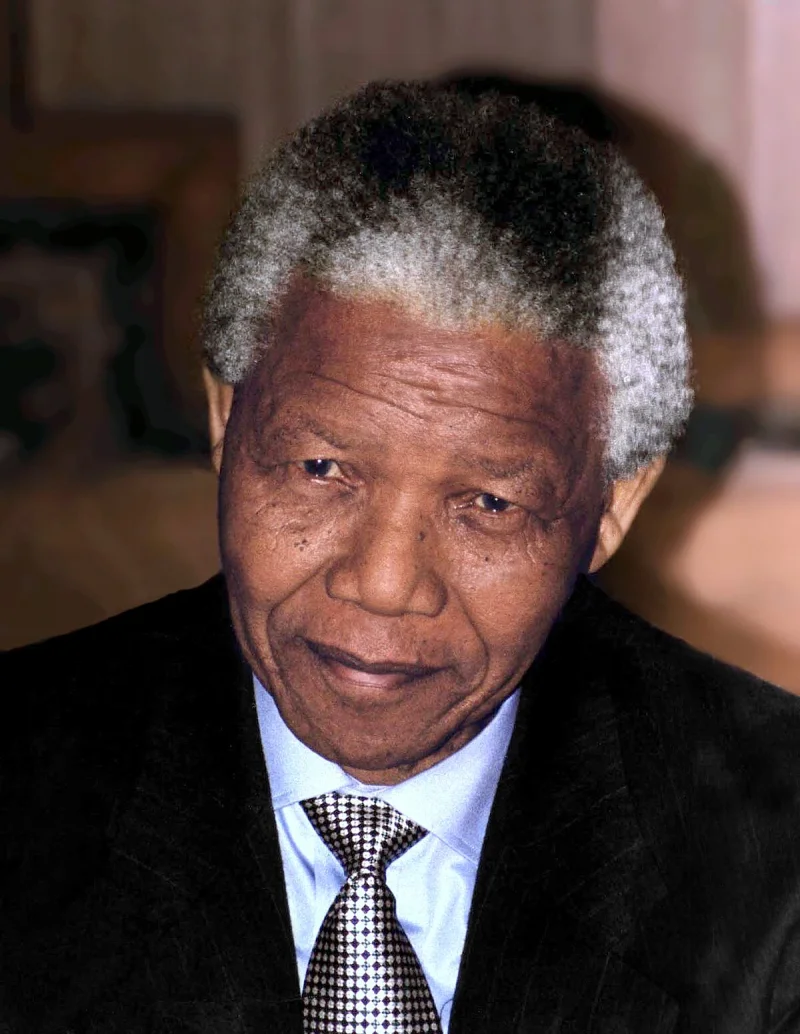Short Summary
Saddam Hussein was an influential and controversial figure, who served as the President of Iraq from 1979 until 2003. He is known for his authoritarian rule, numerous conflicts with neighboring countries, and his impact on Middle Eastern politics. His leadership was marked by significant human rights abuses and a strong centralized government, which led to international condemnation and ultimately his removal from power by a U.S.-led coalition.
Early Life & Education
Saddam Hussein was born on April 28, 1937, in a small village near Tikrit, Iraq. Raised in a challenging environment, he faced early hardships, including an absent father and a difficult relationship with his stepfather. His education began in local schools, and he later moved to Baghdad, where he pursued further studies. Influenced by his uncle, Khairallah Talfah, who was a fervent nationalist, Saddam became involved in politics at an early age. He joined the Arab Socialist Ba'ath Party during his teenage years, which laid the foundation for his future political career.
Career Highlights
Hussein's political career took a significant turn when he participated in a failed assassination attempt against then-Iraqi Prime Minister Abd al-Karim Qasim in 1959. After fleeing to Egypt, he returned to Iraq in 1963 and became increasingly influential within the Ba'ath Party. By 1979, he rose to the presidency, consolidating power through political purges and establishing a regime characterized by strict control and propaganda. His tenure saw economic modernization efforts but also led Iraq into prolonged conflicts, such as the Iran-Iraq War and the Gulf War, which significantly impacted the region.
Major Achievements
- Implemented modernization of Iraq's infrastructure, focusing on industries such as oil and agriculture.
- Established a strong centralized government, though often criticized for authoritarian practices.
- Led Iraq during the Iran-Iraq War and the Gulf War, which had significant implications for regional geopolitics.
Famous Quotes
- "Those who fight in God's cause will be victorious."
- "We are ready to sacrifice our souls, our children and our families so as not to give up Iraq."
Interesting Facts
- Hussein was an avid writer, authoring several novels during his lifetime.
- He was notorious for using doubles to thwart assassination attempts.
- He maintained an opulent lifestyle, with numerous palaces built during his rule.
Legacy / Influence
Hussein's legacy is marked by his authoritarian rule and the profound impact on Iraqi society and politics. His leadership contributed to significant regional instability and set the stage for future conflicts and regime changes. The consequences of his decisions continue to influence Iraq and the broader Middle East, with debates on governance and international intervention remaining relevant today.
FAQ
Q: Why is Saddam Hussein famous?
A: He is known for his presidency of Iraq, characterized by authoritarian rule and regional conflicts.
Q: What major conflicts was he involved in?
A: He led Iraq during the Iran-Iraq War and the Gulf War.
Q: How was he removed from power?
A: He was ousted following a U.S.-led invasion of Iraq in 2003.










